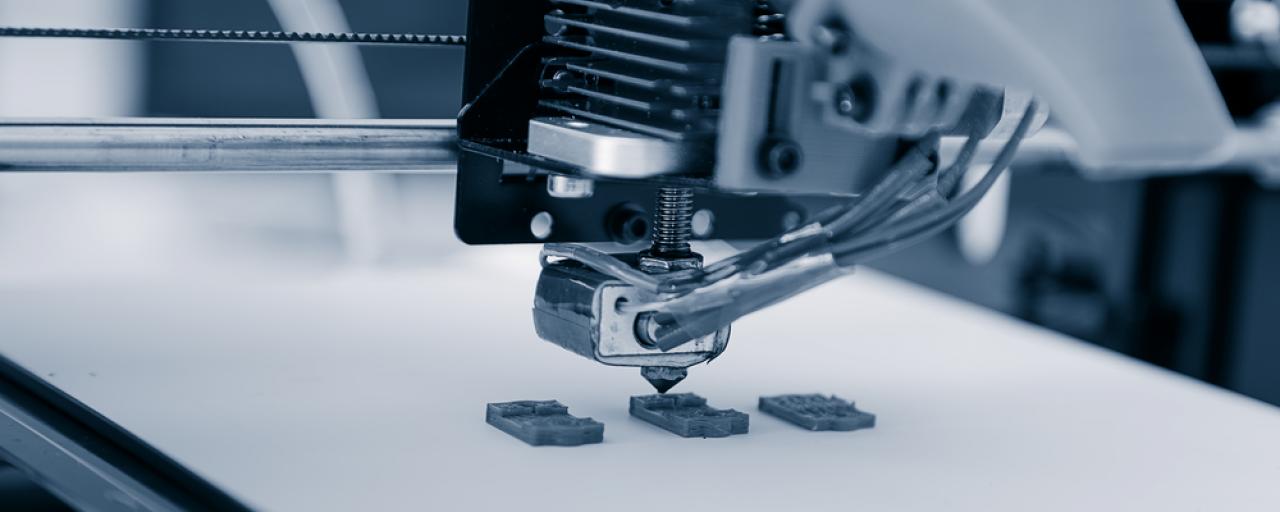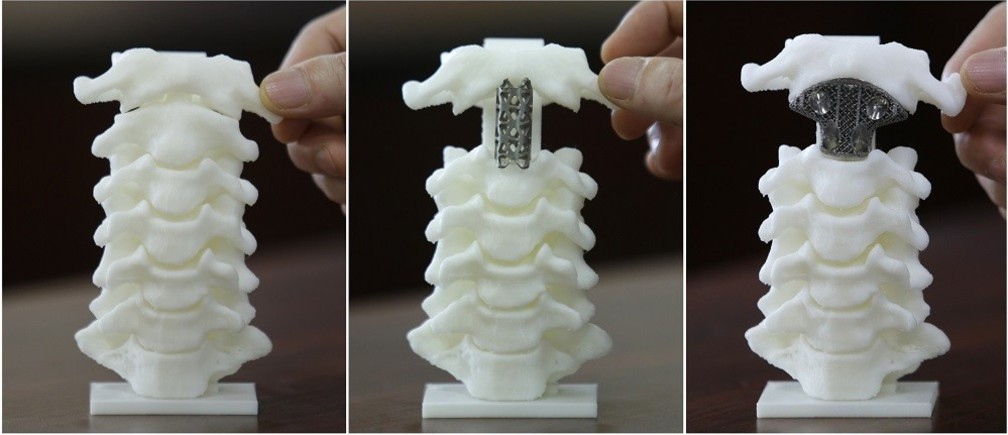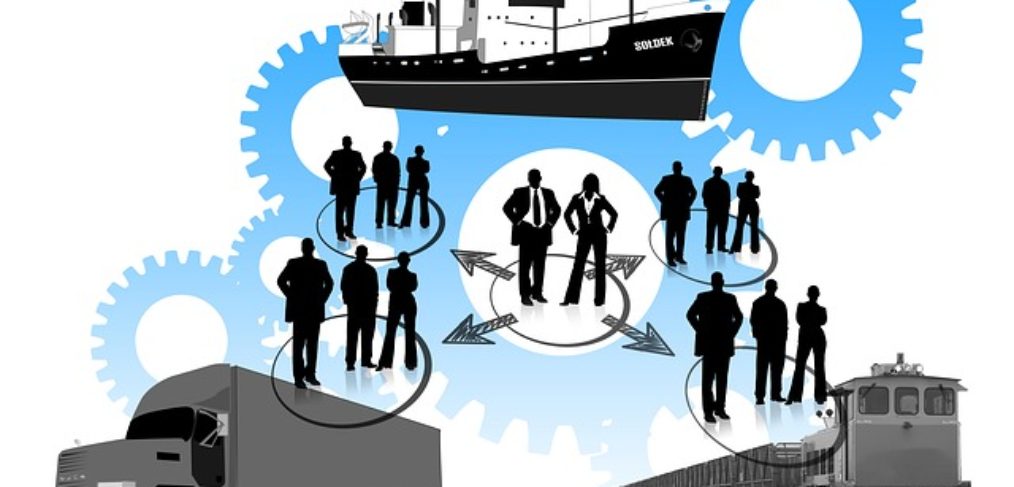Also known as Additive Manufacturing, 3D printing can probably bring a radical change, causing a global impact. Today, we live in a tech-centric world and there is no denying the new possibilities that arise every day. If you take a look at the current scenario, you will come across a plethora of developments taking place that can cause a revolutionary effect. And, this could impact economic globalization adversely.
Economic globalization means the international movement with respect to goods, capital, services, labour, and more. It has vastly benefited from shipping lines, airlines, and even cargo services. So, if globalization is in danger, it adversely affects the global transportation industry.
DareWeShare.net – Exclusive Series
When it comes to having more than you can handle this series is something to consider. Watch clueless guys end up in unexpected threesomes with 2 females. Sometimes all it takes is some talk or trying to fix things – you end up having so much more to handle, suddenly. This Adult Time production of 2022 is surely something to be aware of!
What Is 3D Printing?
First produced as an automated system for developing prototypes, 3D printing is gaining immense popularity these days. Using a Computer Aided Design (CAD), 3D printing is a layered process where the device creates a three-dimensional product using products such as ceramic, plastic, metal powders, etc.

3D printing is a layered process where the device creates a three-dimensional product
How Will 3d Printing Effect The Global Trade Market?
Firstly, traditional manufacturing techniques, apart from the material costs, is comparatively costlier and also time consuming. Therefore, mechanical parts, fashionable shoes, accessories, etc. can be easily printed using the 3D printers and making changes is also extremely easy. There are also added benefits of using a 3D printer, such as lighter products, stronger products, etc.
According to the way things are going, 3D printing can play a major role in the next five years. The aerospace, telecom, and automotive industries are already making use of this system to produce strong but light parts. And, the healthcare industry is also not far behind. It uses 3D printing to produce artificial joints and dental parts.

Healthcare industry uses 3D printing to produce artificial joints.
Some of the reasons why 3D printing is not being used full-fledged as of now is the lack of knowledge, restrictions on materials, and the speed. However, these drawbacks can be rectified and since it already delivers several benefits, such as tailor-made products, less waste, eco-friendly, locally produced, etc., this product can soon take over the manufacturing process.
How Does It Impact The International Fright Industry?
There could be a drastic impact because;
- The products that were once produced in Chinese or other Asian markets and shipped west can now be produced locally with the right prototype.
- If all the products are customized, inventory levels go down and warehousing requirement also deplete.
- Opportunities for the fright industry will go down as the manufacturing methods change.
- The service parts logistics can be affected. If you look now, billions are spent on supply products to holding stocks, which includes X-ray machines, cars, etc. But with a 3D printer, things can be downloaded when the requirement arises.
On the Brightside, a new sector of logistics might emerge if the 3D printer makes its mark where the industry will store and transport the raw materials required. And, if this printer becomes inexpensive, the home-delivery market could see a boom.





 Rising Rates
Rising Rates Disruptors
Disruptors




